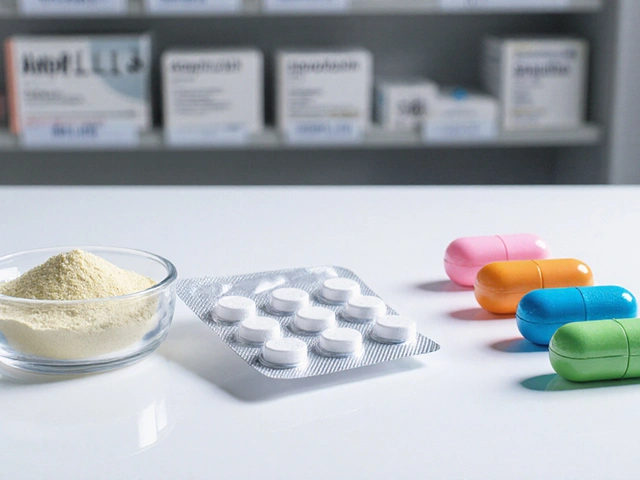Blood Pressure Control: Practical Steps You Can Use Today
High blood pressure doesn’t always feel different, but it raises the risk for heart attacks, strokes, and kidney problems. If you want control and not worry, start with simple moves: measure accurately, understand target numbers, and team up with your clinician. Aim for a goal most doctors use—below about 130/80 mmHg for many adults—but your target may differ if you’re older or have other conditions.
How to monitor and read your numbers
Get a validated home blood pressure monitor and measure twice a day for a week to get a real picture. Sit quietly for five minutes, feet flat, arm supported at heart level. Record two readings one minute apart and note the average. Bring those logs to appointments—home readings often change treatment decisions more than single office checks.
Know when a number needs urgent attention: a reading above 180/120 mmHg with chest pain, shortness of breath, vision changes or weakness is an emergency. If your home readings suddenly jump and you feel unwell, seek care right away.
Practical medication basics
There are several effective drug classes: ACE inhibitors, ARBs, thiazide diuretics, calcium-channel blockers, and beta-blockers. Hyzaar, for instance, combines losartan (an ARB) with hydrochlorothiazide (a thiazide) to lower pressure by both relaxing vessels and removing extra fluid. Bisoprolol fumarate is a beta-blocker often used for heart-related blood pressure control. Every med has possible side effects—dizziness, cough (ACE inhibitors), electrolyte shifts (diuretics), or slowed heart rate (beta-blockers).
Before and after starting many BP meds your doctor will check kidney function and electrolytes. If you take a potassium-sparing drug or an ARB, they’ll want to watch potassium levels. Always tell your clinician about other medicines, herbal supplements, or erectile dysfunction drugs—interactions matter.
Missed doses matter less than stopping suddenly—ask your prescriber how to resume a missed dose. If side effects make daily life worse, call your clinician; changing dose or switching drugs often fixes it.
Daily habits that lower blood pressure
Small changes add up. Cut processed salt—aim toward 1,500 mg/day if you can, or at least reduce intake. Follow a DASH-style eating pattern: more veggies, whole grains, lean protein, and low-fat dairy. Move regularly: 150 minutes of moderate exercise weekly (walking counts). Drop extra pounds—losing even 5% of body weight can cut numbers. Limit alcohol, quit smoking, manage stress with sleep and relaxation, and keep caffeine and stimulant use consistent so it doesn’t spike readings.
Quick checklist: use a home monitor, log readings, ask about Hyzaar or bisoprolol if relevant, get labs after starting meds, and adopt a DASH-like diet with regular exercise. If you have very high readings with symptoms, get emergency care. Small steps now save big problems later.




